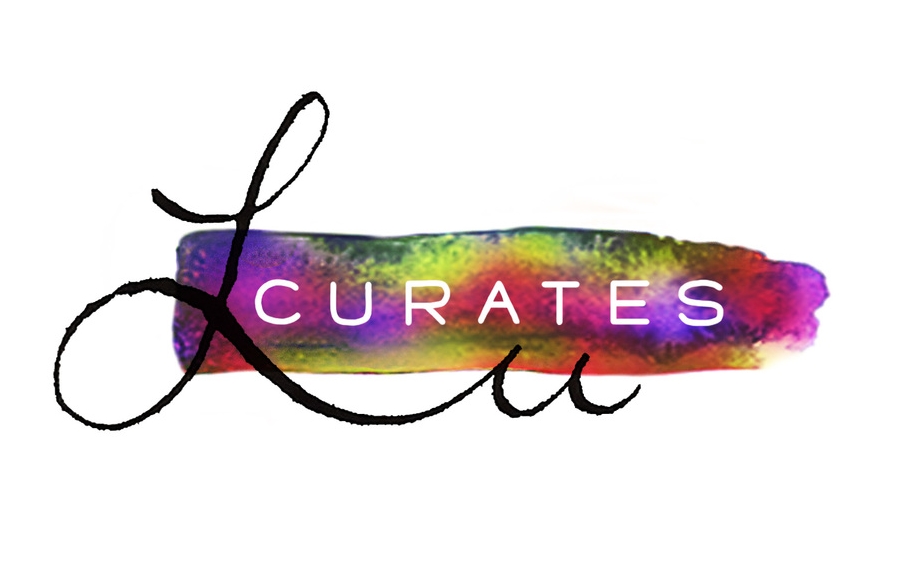Growing-up, I didn't have good financial modeling. When my biological family fell apart my parents were hundreds of thousands of dollars in debt. I have struggled my entire life trying to learn how to manage my money appropriately.
I almost had to drop out of UCLA my junior year because I decided to stay in LA for the summer and take on a multicultural internship with the Getty Museum. When I accepted the position, I didn’t realize that my first paycheck from the Getty wouldn’t arrive until after my apartment deposit for the following semester was due. I simply miscalculated when the funds were going to post.
That summer, I was homeless for nearly a month, couch surfing and storing my stuff in a closet of a fraternity house. Under loads of credit card debt; I didn’t know what to do.
In the art world there is a dangerous starving artist narrative. Why can’t we live in abundance? Did you know that Elizabeth Gilbert the writer of Eat, Pray, Love and the Creative Genius (I highly recommend the latter if you are looking for creative inspiration), wrote 5 books before she relied on her writing career to support her financially?
In college I never knew what a budget was. The fear of leaving college luckily surpassed any pride I had around asking for help. All too often, kids drop out of school and never go back. I didn’t want become another statistic. I had finished high school when most people expected me to fail. I had gotten accepted not only to UCLA but UC Berkeley too...To give up on that dream because of money would have destroyed me. College was my ticket out of poverty.
I had to swallow my pride and ask for help. Luckily, I have amazing foster parents. However, they didn’t just give me the money. They sat me down, showed me how to budget, and even went so far as to have me hand over my banking login information so that they could monitor my finances.
Their loan had contingencies. Once my own loans came through I paid back my parents. It took 3 years to pay off the debt. Despite this very hard lesson I still struggle to budget.
While miscalculating when my funds would come through was a simple and easy mistake, the bigger issue was my habit of living paycheck to paycheck. If I’d had savings, paying my deposit wouldn’t have been an issue. I heard on NPR that 1 in 3 Americans have less than $5,000 saved for retirement. This is a problem.
As many of you know, I struggle with depression. Depression goes hand-in-hand with poor financial choices. They build on each other. Maintaining my mental health is a daily battle and it’s easy to distract myself with coping mechanisms. Whether it’s drinking, eating out too much, or smoking cigarettes, it all adds up. It’s expensive to distract yourself from life!
But if like me, you don’t come from generational wealth, we are the only people responsible for our future selves. Our legacies. There are no princes on white horses coming to save us.
In Trevor Noah’s biography he writes, “Money isn’t everything but money gives you choices.”
My heart hurts for younger Melissa. I know I’m not the only former foster kid or someone who has grown up in poverty. I’m constantly asking myself, how can I help people like me? I’m not sure I’ve found the answer, but I have found a start. Stay tuned I’ll be posting a real life budget next week.
I’ll alway struggle with my natural instinct to mismanage and overspend my resources, but I’m fighting to build new habits. The old habits might sneak in here and there but the consequences won’t be as dire and I’ll be able to quickly auto-correct.
Thanks for reading! DM on the ‘gram if there are things you’d like to read more of!

